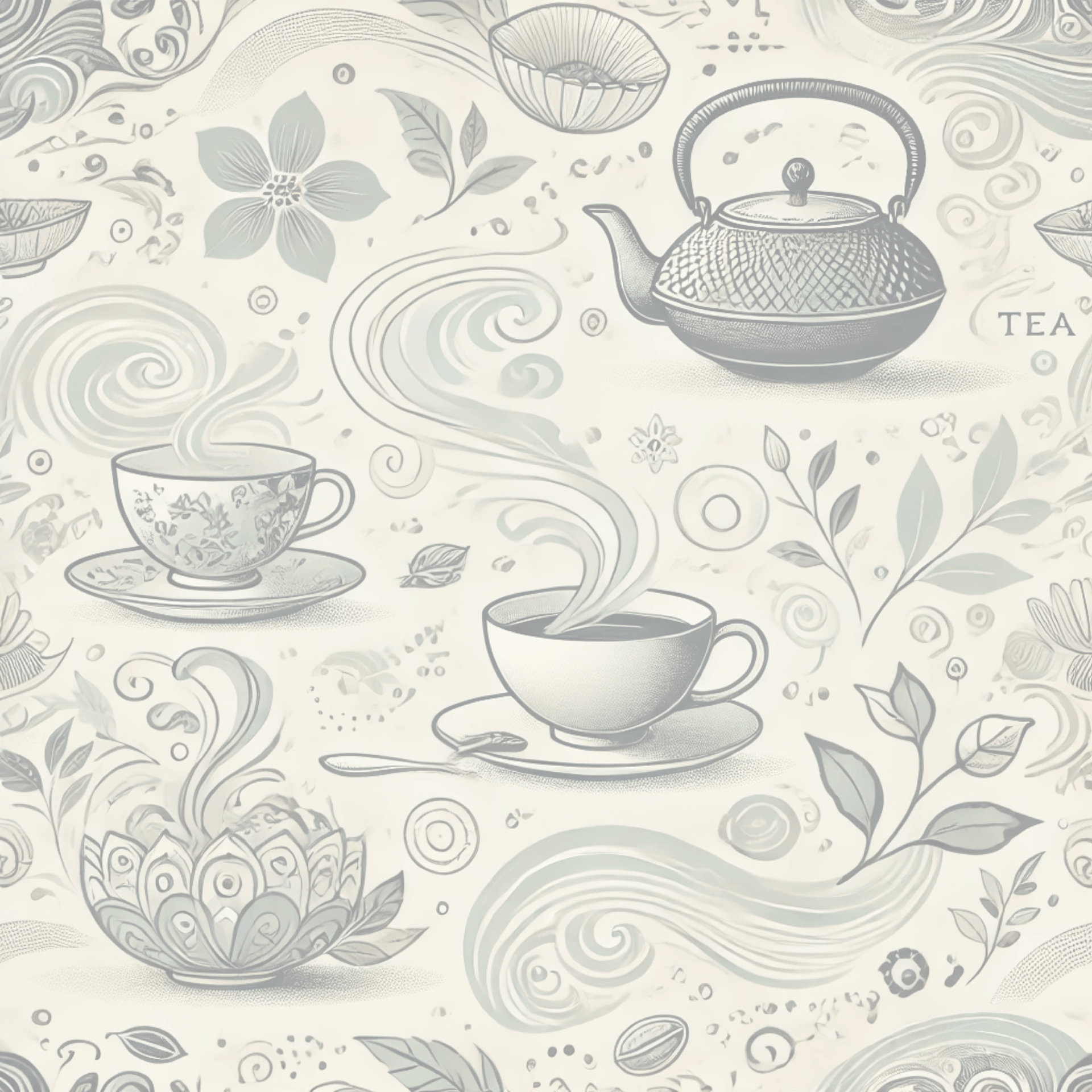
Tea History and Traditions
1. Warm up:
· Do you like drinking tea? If yes, what is your favorite type of tea?
· What are some popular drinks in your country? Is tea one of them?
· Can you think of a country where tea is very important?
· Do you prefer tea, coffee, or another drink to relax? Why?
2. Match the words to their meanings:
Infusion
Brew
Cultivation
Hospitality
Aromatic
Export
Ceremony
a) A process of growing and caring for plants
b) The act of preparing a drink by soaking ingredients in water
c) A pleasant, distinctive smell
d) To send goods to another country for sale
e) A formal event to mark an occasion
f) The act of being welcoming and kind to guests
g) A drink made by soaking herbs or leaves in hot water
3. Reading Comprehension
Read the following text and answer the comprehension questions below:
The World of Tea
Tea is one of the most consumed beverages globally, second only to water. Its origins date back to ancient China, where it was discovered around 2737 BCE by Emperor Shen Nong. The story goes that leaves from a nearby tea plant accidentally fell into the emperor’s boiling water, creating a delightful drink.
Tea spread to Japan, where it became central to the artful tea ceremony, emphasizing mindfulness and respect. In Britain, tea became a cultural icon with the rise of "afternoon tea," introduced by the Duchess of Bedford in the 19th century. Today, tea remains a symbol of hospitality in many cultures, from India’s chai to Morocco’s mint tea.
The types of tea—green, black, white, and oolong—are all derived from the same plant, Camellia sinensis. The differences lie in the processing methods and levels of oxidation. Tea is not just a drink; it represents tradition, health, and connection worldwide.
Comprehension Questions:
Where and when was tea first discovered?
What is the significance of tea in Japanese culture?
Who popularized afternoon tea in Britain?
What are the four main types of tea?
How does tea symbolize hospitality in different cultures?
4. Fun Idioms and Expressions
Match the idiom with its meaning:
Not my cup of tea
Spill the tea
A storm in a teacup
a) To share gossip
b) An exaggerated reaction to something small
c) Something you don’t enjoy
5. Timeline Practice
Using the information from the reading text, complete the timeline about tea:
2737 BCE:
Japan (Year unknown):
19th Century:
Present Day:
6. Debate
Topic: "Tea vs. Coffee: Which is better for connecting people?"
Argue why tea is the ultimate social drink, on the other side defend coffee. Use cultural examples, health benefits, and historical significance in their arguments.

Contact
info@masterenglishinstitute.com
